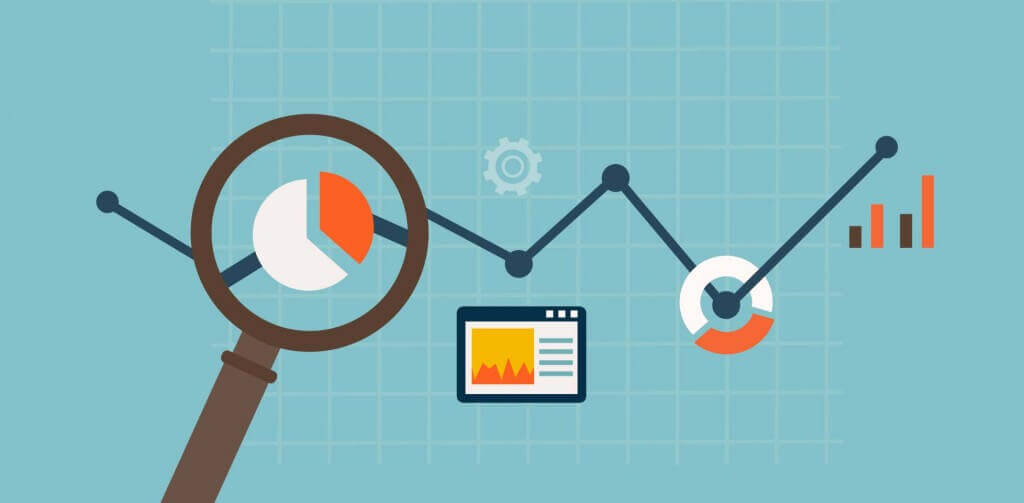
One of the most useful tools for a modern hotelier is website analytics.
Not only can you figure out where your visitors are coming from (both in terms of location and referrals), but you can use it to design your sales funnel, and to set your marketing and e-commerce goals. All that’s needed is a free web app that is by far the most popular website analytics tool: Google Analytics.
What began as a website analytics company called Urchin was quickly bought up by Google in 2005. Since then, Google has built out the service to include many useful features. And because it is such a common choice for web analytics, no matter what happens to your website, what system you use, or agency you work with, Google Analytics just works.
Today, Google Analytics is one of the indispensable tools for any modern hotelier or hotel marketer. You may be asking yourself, “Why should I use Google Analytics?” Well, there are three main reasons:
- To have a clearer idea of who’s visiting your hotel’s website: When most people visit, where they are from, and how they get to your site
- To find causes and solutions for variations: Number of clicks, real-time visitors, etc.
- Determine which distribution channel is most valuable, and which one contribute the most to your online visibility
Two Key Strategies
Hotels have two main areas of focus that they need to pay attention to when it comes to Google Analytics.
The first is e-commerce. Google Analytics can be set-up to to show you how much revenue generated by your hotel website.
The second is proper tagging. By organizing how content is tagged both internally and by your marketing agency (if applicable), you can better track website data and measure various performance.

E-Commerce Tracking
Getting e-commerce tracking set-up is important and requires that you work with your Booking Engine provider (such as Sabre Hospitality, TravelClick, SiteMinder, Avvio, Availpro, Bookassist etc – see our full index of providers here).
Read rest of the article at Snapshot




